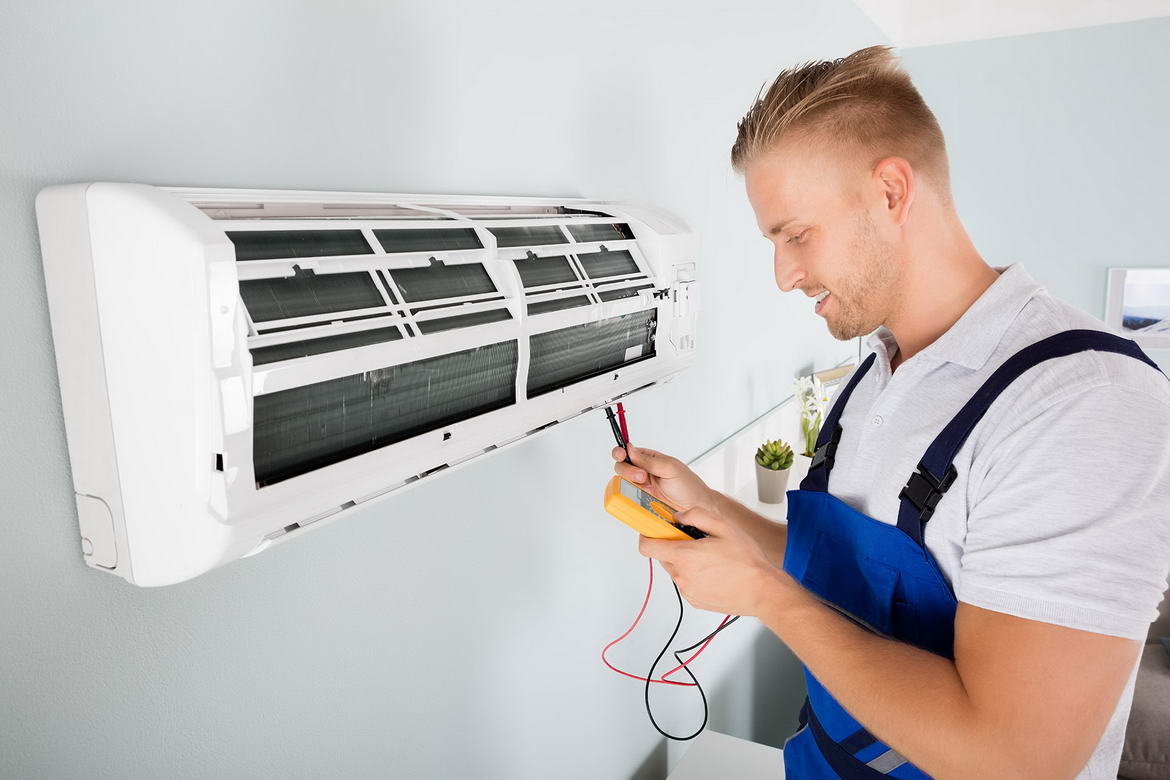
If you’re noticing a spike in your electricity bills, your air conditioning system could be a key reason, especially in the heat of Florida. High energy costs are often a sign that something isn’t working efficiently. Here are some common reasons why your AC could be driving up your energy bill and what you can do about it.
Lack of Regular Maintenance
Regular AC maintenance is essential for keeping energy costs in check. Over time, dirt, dust, and debris can build up inside your system, making it work harder to cool your home. Dirty filters, clogged coils, or low refrigerant levels reduce efficiency and cause your AC to use more electricity. Scheduling annual maintenance with a professional can help catch these issues early. By keeping your system clean and tuned, you’re more likely to see consistent energy use and avoid sudden spikes in bills.
Aging or Outdated Unit
Air conditioning systems typically last between 10 and 15 years, depending on how well they’re maintained. Older units tend to be less efficient, especially compared to newer models with higher SEER ratings (Seasonal Energy Efficiency Ratio). As an AC ages, it has to work harder to cool your home, drawing more electricity in the process. If your unit is reaching its lifespan, it may be time to consider an upgrade. Newer models are designed to run more efficiently, saving you money on monthly bills.
Incorrect Thermostat Settings
Sometimes, the thermostat itself can be the reason for higher energy use. Setting the temperature too low, especially during peak summer heat, makes the AC run longer, using more electricity. A good way to manage costs is by setting the thermostat a few degrees higher when you’re out or asleep. Investing in a programmable or smart thermostat can also help. These devices can automatically adjust the temperature based on your routine, ensuring your AC isn’t running when it doesn’t need to be.
Poor Insulation or Air Leaks
If your home has poor insulation or air leaks around windows and doors, your AC has to work harder to keep your home cool, which leads to higher energy consumption. Check for drafts around windows, doors, or any other openings in your home. Improving insulation or sealing leaks helps keep cool air in, reducing the strain on your AC and lowering your energy bill.
Running the Fan Continuously
Some people leave the AC fan on “ON” instead of “AUTO,” which keeps the fan running all the time, even when the system isn’t actively cooling. While this can improve air circulation, it also consumes more electricity. Setting the fan to “AUTO” ensures it only runs when the system is actively cooling, which can save a significant amount on your energy bill.
Blocked or Dirty Outdoor Unit
The outdoor unit needs clear airflow to function effectively. Debris, leaves, or even plant growth around the unit can reduce airflow, making it work harder and use more power. Make sure to keep the area around your outdoor unit clean and clear of obstacles. Washing off any dirt and dust from the coils occasionally (or scheduling a professional cleaning) can also help improve efficiency.
Undersized or Oversized AC System
If your AC unit is too small or too large for your home, it can lead to inefficiency and higher electricity costs. An undersized unit will struggle to cool your home, running constantly and driving up energy use. On the other hand, an oversized unit cycles on and off frequently, which is also inefficient. Ensuring you have the right-sized unit for your home, based on square footage and layout, can make a big difference in energy usage.
High Humidity Levels
High humidity makes it feel warmer indoors, causing people to set their AC lower, which increases energy use. Some air conditioning units also struggle to dehumidify efficiently, especially in climates like Florida. If you’re noticing humidity issues, consider adding a dehumidifier to help your AC run more efficiently. This can help maintain a comfortable indoor environment without putting extra strain on the system.
Closing Vents in Unused Rooms
Many believe that closing vents in rooms they aren’t using will save energy, but this can actually increase pressure in the ducts and make the system work harder. Modern AC systems are designed for balanced airflow, so closing vents disrupts this balance, leading to inefficiency. It’s better to keep vents open throughout the home, allowing the system to run as intended.
Conclusion
Keeping electricity bills manageable starts with understanding how your AC impacts energy use. Regular maintenance, proper thermostat settings, and ensuring your home is sealed and insulated can help you avoid the strain of high bills. If you’re noticing higher costs, it may be time to consult an HVAC professional to check for any issues that could be driving up energy use.